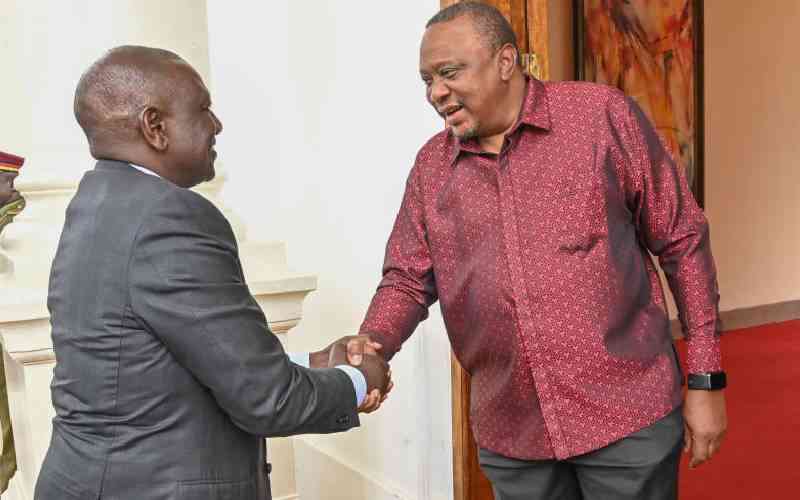×
The Standard e-Paper
Stay Informed, Even Offline

President William Ruto's first year in office has faced many challenges compared to his predecessors Mwai Kibaki and Uhuru Kenyatta, largely because of different leadership styles and structural differences.
The President has explained that his government inherited empty coffers as he urged Kenyans to tighten their belts through paying taxes while also causing an uproar after introducing more levies to an overstretched populace in the Finance Act 2023.